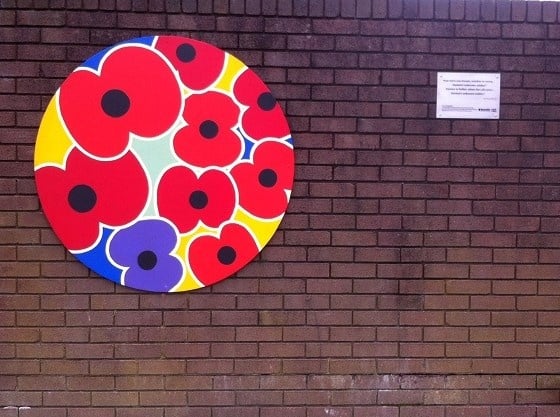
Celebrating the First World War special edition Arts Award
BY: Alan Lynch
21 May 2018
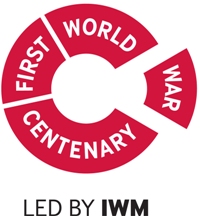
From 2014 to 2018, Trinity College London worked with the First World War Centenary Partnership, led by IWM (Imperial War Museums), to mark the centenary of the First World War, by giving young people the opportunity to work together on creative projects to commemorate the First World War (FWW) and achieve a First World War special edition Arts Award certificate.
This fantastic project saw the achievement of over 3000 awards, in this post we share some of the fantastic projects that took place.
Barnsley Museums
To mark the centenary of the Battle of the Somme, Barnsley Museums Learning service created a large-scale piece of temporary public art which was on display for 141 days - mirroring the length of the battle itself. The piece featured over 300 panels, including images of soldiers and their names displayed on illuminated Perspex at the front of Barnsley Town Hall. Artists were briefed to include individual pieces of artwork created by participating young people along with stories, photographs and names provided by the local community. Each pupil taking part created a commemorative clay medal, which was cast by the artists and displayed as part of the finished artwork.
This installation was the focus of a civic commemorative event and remained in place until Remembrance Sunday, and it has since gone on permanent display in Churchfield Peace Gardens. 275 young people gained their Arts Award Discover certificates as part of the project, along with the honour of having their artwork seen by thousands of people.
Barnsley Museums’ relationship with 10 local schools was strengthened and has resulted in repeat visits, while their archives centre saw an increase in visitors to explore their family history. Workshop sessions created for this project will be continued, adapted and updated for each Remembrance period and offered to schools as a core offer from the Museums Learning Team.
Denton Remembers
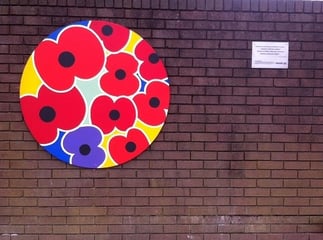 Working alongside local artists, young people from four primary schools gained a sense of what life was really like during the First World War for the soldiers and families, community and country a century ago. This commemorative and celebratory project had intergenerational opportunities, where parents were invited to work alongside children at Armed Forces Day. Poet Tony Walsh’s workshops taught young people how to write about the war in different formats. Tony noted that the children’s approach to haiku was especially successful, highlighting some powerful opening and closing lines like ‘the snow is falling/snow falls on the dead’ and ‘Beauty has died here/Mercy died in me’. The visual art workshops incorporated some of these lines into young people’s designs for their own poppy plaques which were displayed both at Armed Forces Day and then within school. Each school group also contributed to the final design of one larger physical poppy plaque, which is now displayed within their community in Victoria Park in Denton, alongside a poetry plaque written by local resident Albert Taylor, who became involved through the drop-in events focused on an ‘unknown soldier’.
Working alongside local artists, young people from four primary schools gained a sense of what life was really like during the First World War for the soldiers and families, community and country a century ago. This commemorative and celebratory project had intergenerational opportunities, where parents were invited to work alongside children at Armed Forces Day. Poet Tony Walsh’s workshops taught young people how to write about the war in different formats. Tony noted that the children’s approach to haiku was especially successful, highlighting some powerful opening and closing lines like ‘the snow is falling/snow falls on the dead’ and ‘Beauty has died here/Mercy died in me’. The visual art workshops incorporated some of these lines into young people’s designs for their own poppy plaques which were displayed both at Armed Forces Day and then within school. Each school group also contributed to the final design of one larger physical poppy plaque, which is now displayed within their community in Victoria Park in Denton, alongside a poetry plaque written by local resident Albert Taylor, who became involved through the drop-in events focused on an ‘unknown soldier’.
Following the project and due to the success of the research carried out by the local school children some parents and families continued to research and investigate their own family heritage. The artists involved have also seen local schools engaging further with cultural experiences and events which again is a huge mark of success.
Centre of the Cell
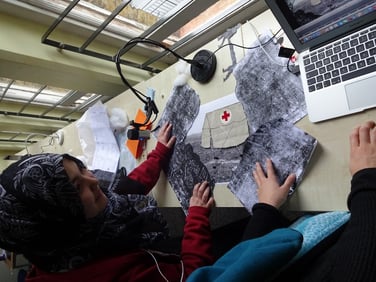 Through the Wartime Medicine and Innovation Project, Centre of the Cell supported a group of local young people enrolled in their Youth Membership Scheme to achieve Bronze. They investigated the huge changes that came about in medical practices as a result of the First World War and how this affects their lives today in a creative and interactive way.
Through the Wartime Medicine and Innovation Project, Centre of the Cell supported a group of local young people enrolled in their Youth Membership Scheme to achieve Bronze. They investigated the huge changes that came about in medical practices as a result of the First World War and how this affects their lives today in a creative and interactive way.
Young people had the opportunity to visit museums and archives, speak with creative professionals and direct their own research to create a family walking trail and family workshop, as well as design posters and marketing material for the trail.
The project was supported by the Heritage Lottery Fund and delivered in partnership with the Royal London Hospital Museum and Archives and the Science Museum.
Hornbill School
Hornbill School is a British Forces Overseas primary school based in Brunei. They undertook an Arts Award programme with a special focus on the First World War, which was especially poignant as many of these children have parents currently serving in the British armed forces or as civilian employees of the Ministry of Defence.
Young people participated in visual art, poetry and film to complete their Arts Award Discover. They researched a range of artists, focusing on author and illustrator Brian Selznick and graffiti artist Mohammed Ali. Using Selznick's unique pencil style as inspiration, children experimented with different forms of shading to draw facial features from observation. Researching Ali, children admired his messages in his artwork - sharing his religious beliefs peacefully and creatively around the world. As a result, children created a video interview to send to him and the children were delighted when he replied to their interesting questions.
Children also interviewed current soldiers within the Ghurkha Battalion on their views of war and religion. They then explored the symbolic poppy and the poetry of Moina Michaels through her piece We Shall Keep the Faith. Finally, for their ultimate activity young people undertook a number of activities. Some wrote a poem in the style of Michaels to go alongside a clay poppy, while others created a clay pigeon to represent carrier pigeons used during the war. These pigeons, poems and poppies have been put on permanent display in the school Peace Garden.
These projects all demonstrated the First World War’s lasting impact, bringing it to life for young people today by focusing on their community. Centres have seen participants and their families show an ongoing interest in these personal histories, and it’s been great to support this work through our special edition special edition Arts Award with the First World War Centenary Partnership.
The First World War Special Edition certificates are no longer available. However, anyone interested in using the First World War as an inspiration for their Arts Award can continue to do so in the future and will be provided with a standard Arts Award certificate, rather than a special edition one.
Related posts
BY: Alan Lynch

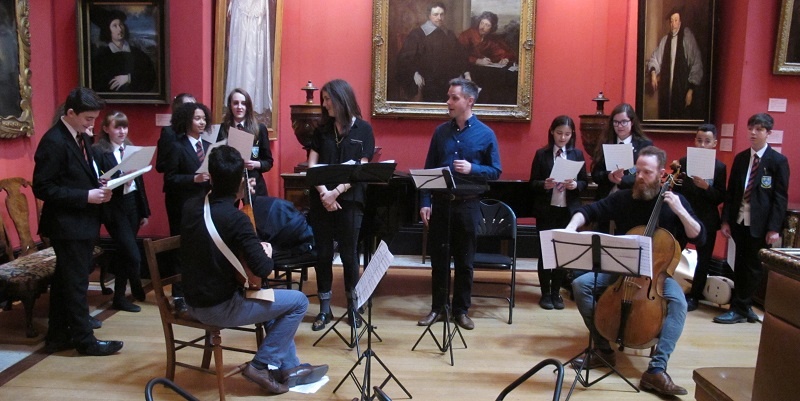
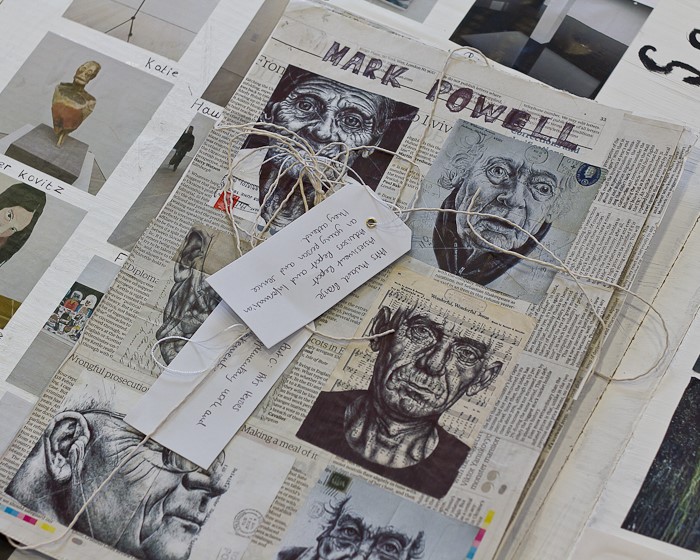

Comments & Replies